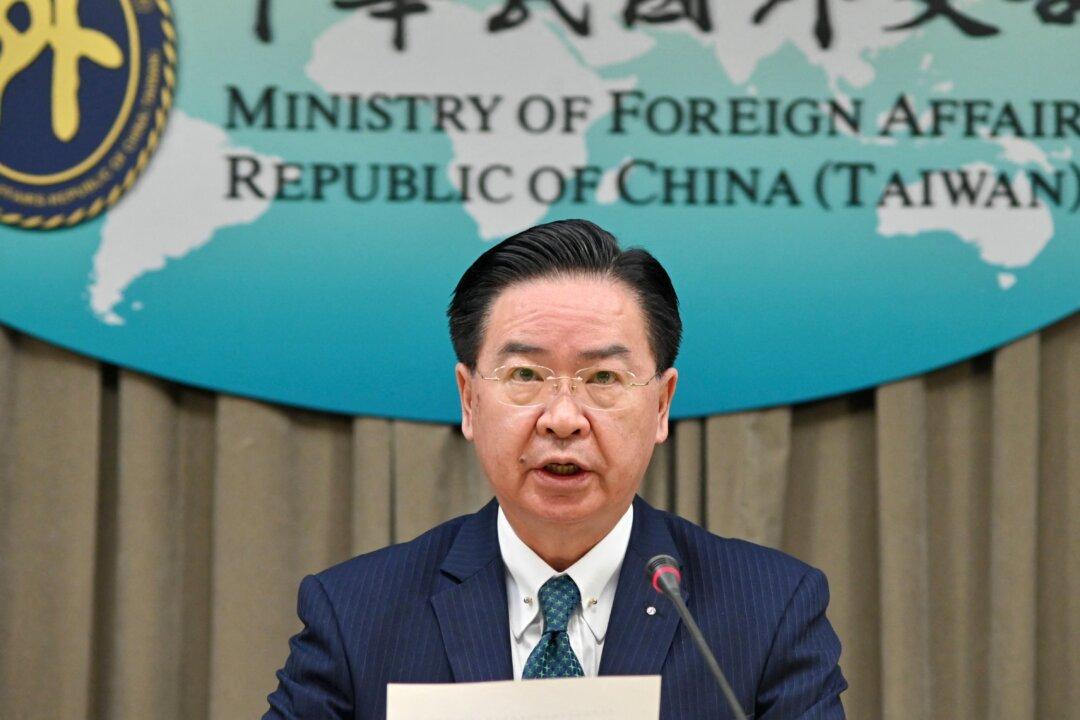Taiwan has pledged to share with Canada its experiences in countering China’s foreign interference.
Foreign Affairs Minister Jaushieh Wu made the offer during an exclusive press conference hosted by Taiwan’s Ministry of Foreign Affairs (MOFA) on Sept. 6, as reported by The Bureau.





